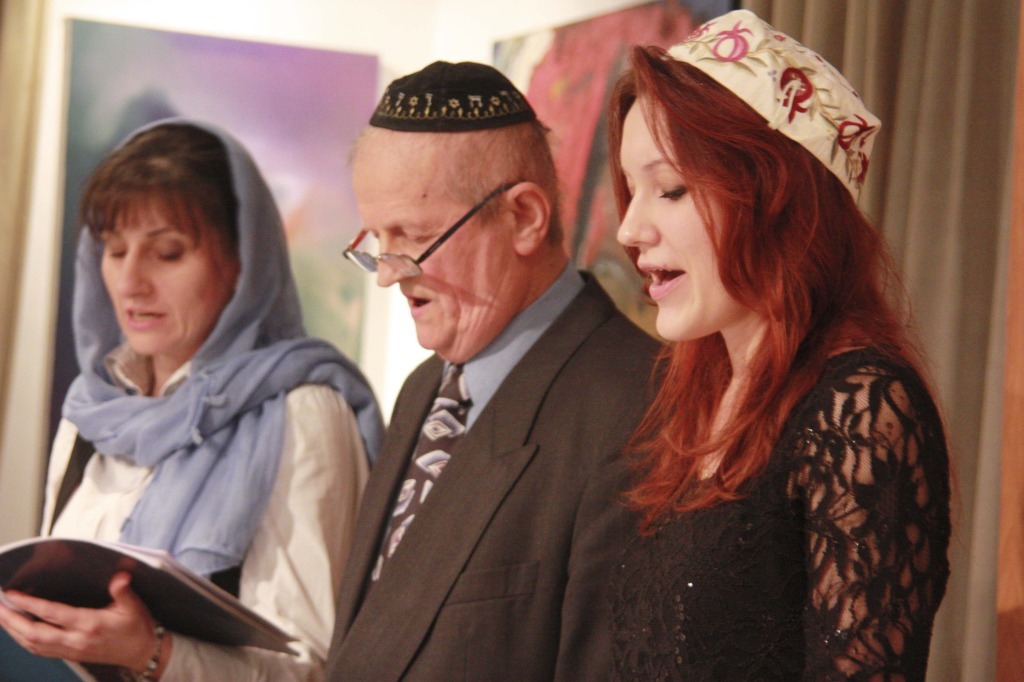 |
6th Kislev, 5775 – 28 November, 2014
Welcome Address by Rabbi Gil Nativ
The Sages in the Talmud taught: ‘Ein me’arvin simcha besimchah’ = “Do not combine two joyful events together” [Talmud, Mo’ed Qatan 8b-9a]. Indeed we should have celebrated the ordination of Shlichei Tzibbur on another Friday night, but since all Shlichei Tzibbur trained by Beit-Polska and Beit-Warszawa are also Jews by choice, and many of them took the course of Jewish liturgical music in the same time they took the ‘Step by Step’ course, we felt that it is appropriate to combine these joyous occasions together. I wish to share with you a dialogue I had with Rabbi Tabick, the Convenor of the European Beit Din. It was after the Beit Din interviewed Henryk Kowalski as a candidate for conversion, and he surprised the rabbis, including myself, with chanting a lovely melody for ‘Elohaj neszama szenatata bi…’ R. Tabick said to me: “Henryk indeed has a lovely voice, but you should have waited until after his conversion and then train him as a Shatz…” I replied: “I invite you to serve as a rabbi in Poland for one year… I believe that you will change your mind…”
Progressive Judaism in Poland is not likely to have ten rabbis serving ten congregations within the next ten years. Our small movement, currently has three small congregations (and four more in active formation) served by one rabbi who lives temporarily in Poland and several rabbis who visit Poland, for a week or two. Our Prayer leaders (Shlichei Tzibbur) will serve as Para-Rabbis in the foreseeable future. They will frequently deliver a Sermon (‘dvar-Torah’) on the weekly portion, choose between different prayers in the Sidur, and chant verses from the Torah Scroll and/or the Prophetic reading (Haftara), i.e function as part-time rabbi. Hopefully our Lay Cantors (Shatzim) will also assist in establishing new congregations in various parts of Poland. Our Shlichei Tzibbur will serve as para-Rabbis in the foreseeable future… They will frequently deliver a ‘dvar-Torah’ on the weekly portion, choose between different prayer in the Sidur, and chant verses from the Torah Scroll and/or the Haftara, i.e function as part-time rabbis… Hopefully our Shatzim will also assist in establishiong new congregations in various parts of Poland.
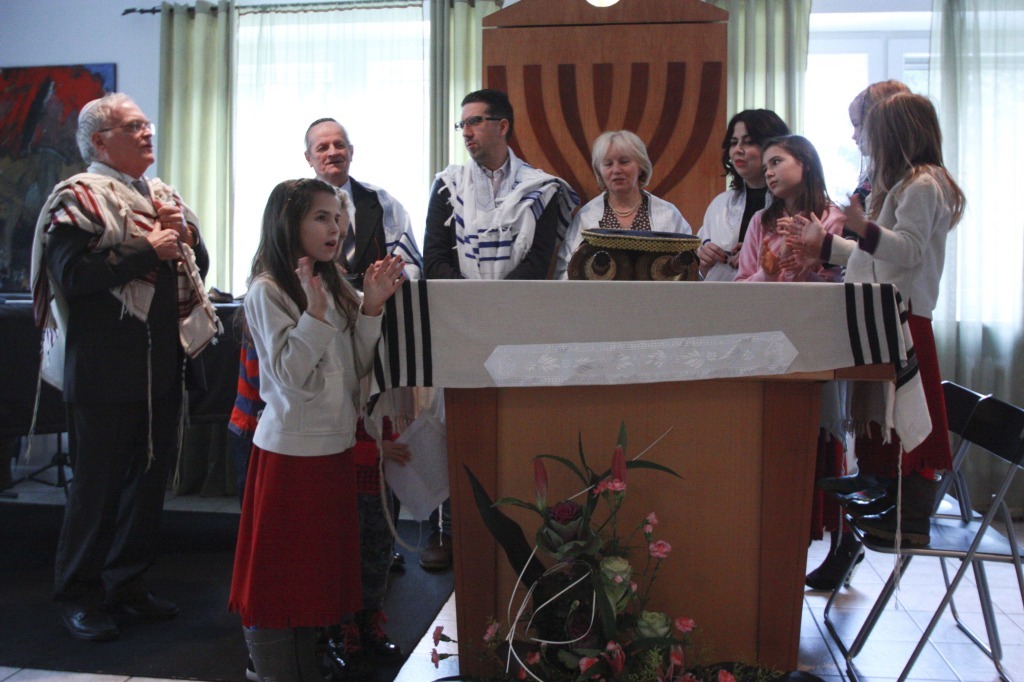 How fortunate we are that some of our ‘Jews by choice’ found a musical entrance to the Jewish people and the Jewish tradition. May the melodies you learn and lead encourage each of us individually and all of us as a congregation, to connect to the unique God –the God of the Joy of good deeds: שמחה של מצוה
How fortunate we are that some of our ‘Jews by choice’ found a musical entrance to the Jewish people and the Jewish tradition. May the melodies you learn and lead encourage each of us individually and all of us as a congregation, to connect to the unique God –the God of the Joy of good deeds: שמחה של מצוה
This weekly portion begins and ends with Jacob’s encounter with a group of angels. In the beginning of ‘VaYetze’ (Genesis 20:10) young and lonely Jacob, watches the ascending and descending angels in his dream. He begins a long journey and the dream carries a message of a distant future. In the end of ‘VaYetze’ he encounters a group of angels more than 20 years later, when he finally returns from his long exile, leading a large family of four wives, many children, workers and maidservants, and
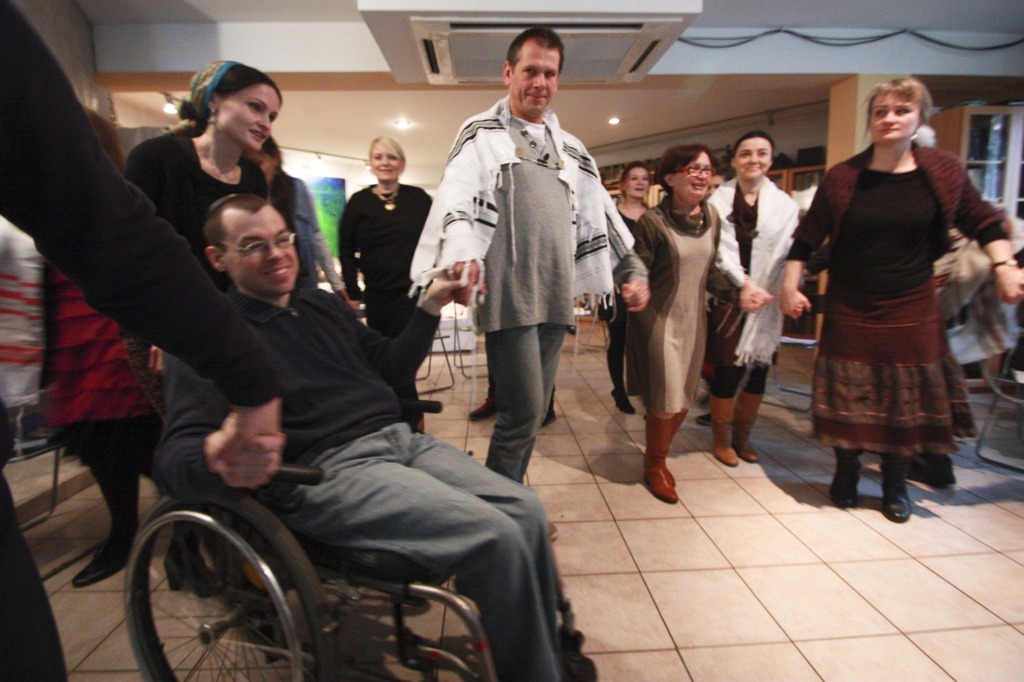 Each of you had a dream. Each of you heard a calling, and each of you realized your dream to become a Jew, and three of you also to become a prayer leader (Shliach/Shlichat Tzibbur). Today, since you encounter the fact that some dreams come TRUE… This is the moment that you should joyfully recite: “Ze haJom asa Adonaj, nagila venismecha bo” –This is the day Adonaj has made, let us rejoice and be happy on it.” [Psalm 118:24]
Each of you had a dream. Each of you heard a calling, and each of you realized your dream to become a Jew, and three of you also to become a prayer leader (Shliach/Shlichat Tzibbur). Today, since you encounter the fact that some dreams come TRUE… This is the moment that you should joyfully recite: “Ze haJom asa Adonaj, nagila venismecha bo” –This is the day Adonaj has made, let us rejoice and be happy on it.” [Psalm 118:24]
Your personal joy is shared by all members of our community, Beit Polska and Beit Warszawa and I sincerely believe it should be shared by all Jews wherever they live. Therefore, let us all recite the blessing of ‘Shehecheyanu’
Rabbi Gil Nativ
We are most appreciative of the support of the Dutch Humanitarian Fund which as greatly aided our work in developing our program of prayer leaders.
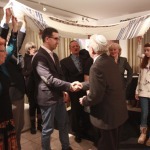
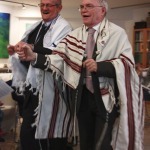
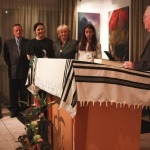


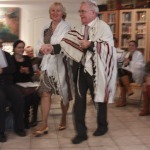
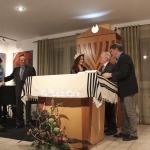
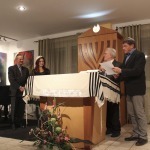
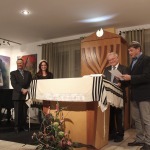
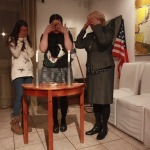
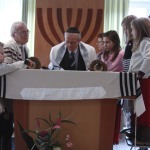
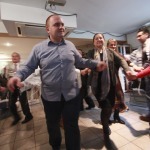
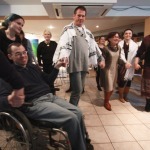
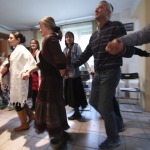
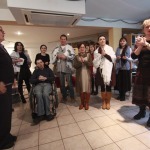
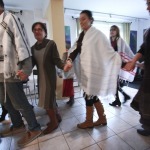
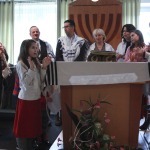
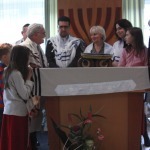
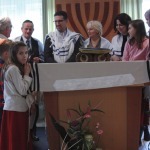
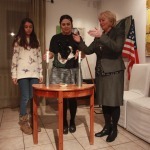
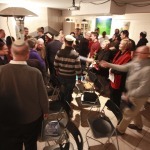
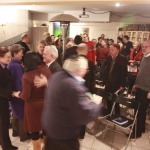
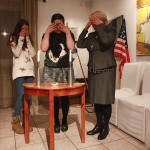
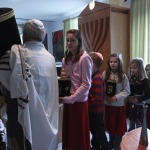
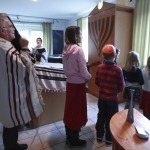
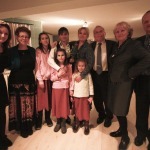

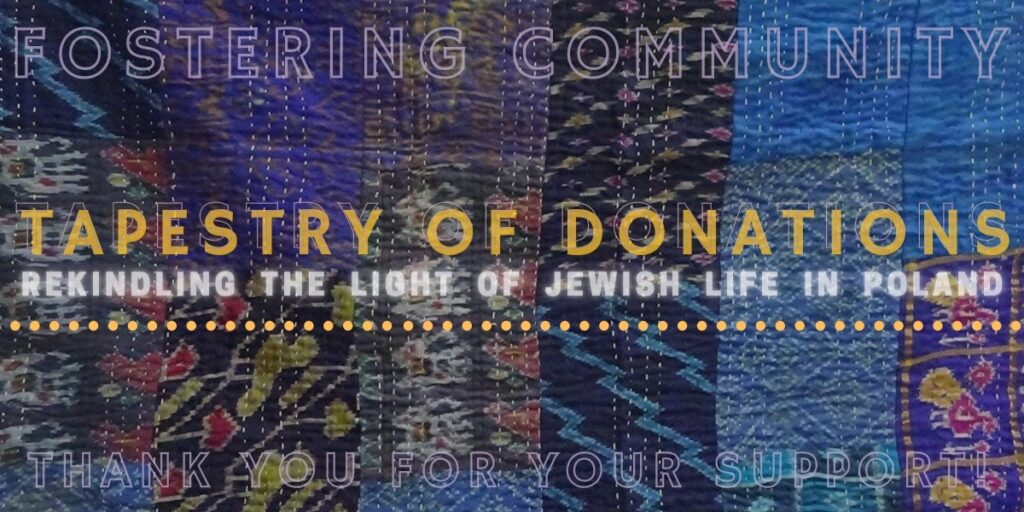
Leave a Reply